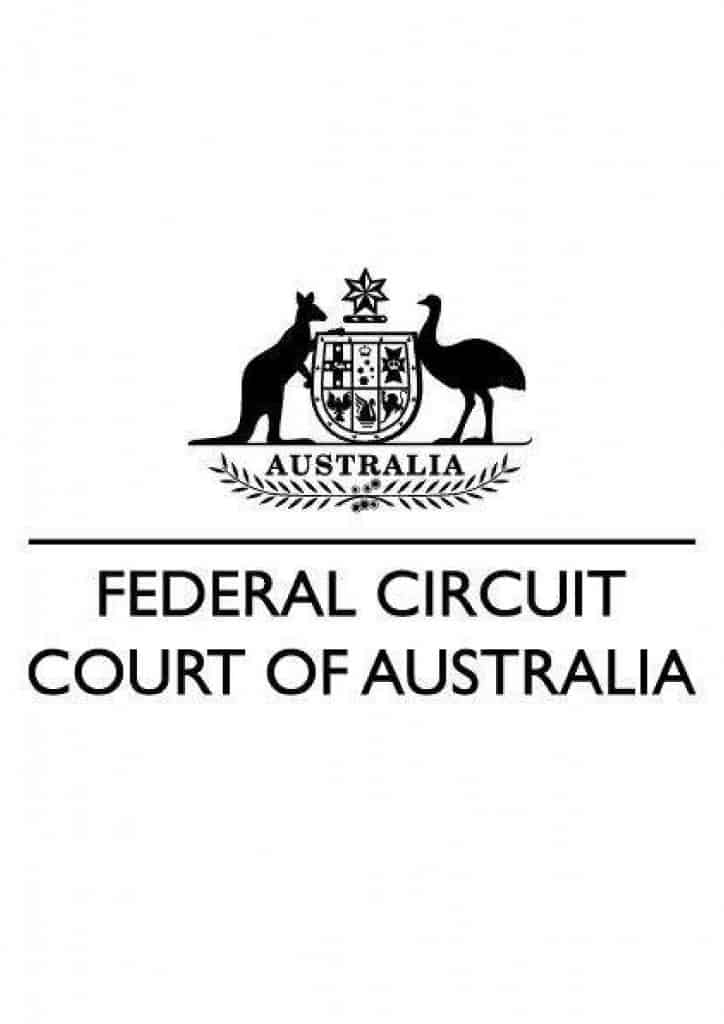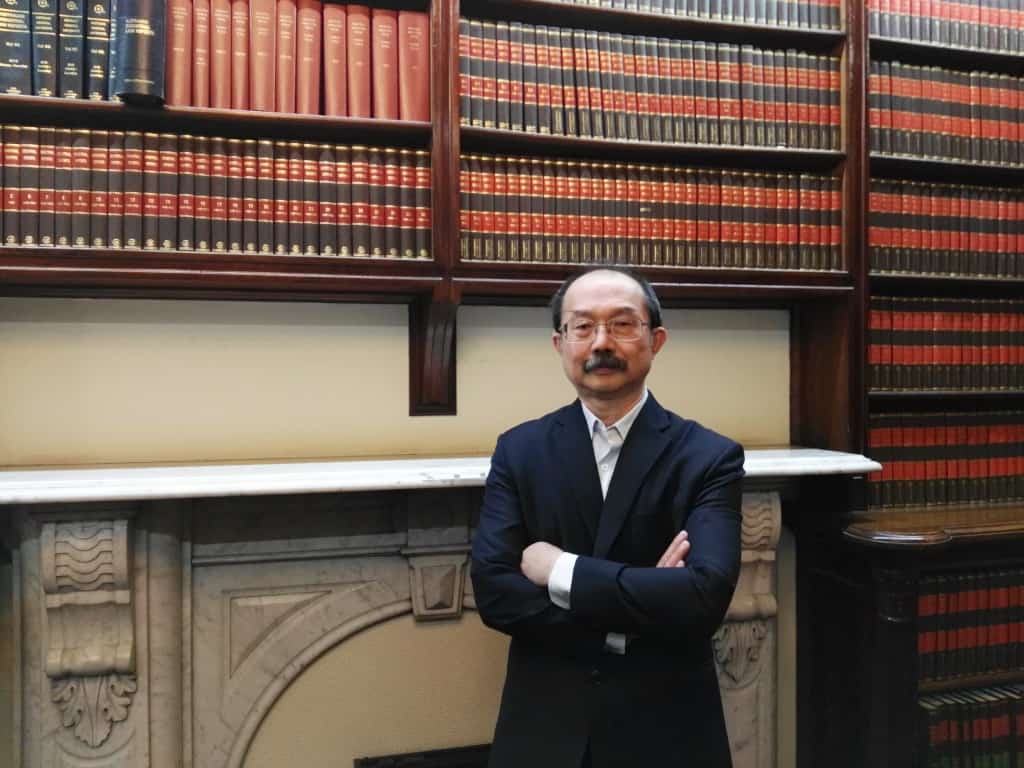
Appealing AAT decision to the FCC – if the AAT has affirmed the Department’s decision to refuse you a visa, you can appeal the Tribunal’s decision to the FCC or Federal Circuit Court.
Appealing AAT decision to the FCC requires you to identify the error(s) made by the Tribunal. While the AAT conducts a merits review of the Department’s refusal, the FCC is unable to conduct a merits review of the AAT’s decision. In addition, the AAT usually conduct a de novo hearing or hear your case from the beginning or afresh. However, the FCC will conduct a judicial review of the error(s) of law committed by the AAT in reviewing your application.
Therefore, appealing AAT decision to the FCC requires you to identity the type of error(s) and to particularise the error(s).
Some of the errors committed by the AAT include:
- Failure to consider your claim or integer of a claim
- Asking the wrong question
- Making an unreasonable decision
- Failure to make obvious enquiry
To explain the above errors, we will use the case of Giakou v Department of Home Affairs & Anor [2020] FCCA 2575.
Giakou applied for a Student visa (click here to learn more about Student Subclass 500 visa) which was refused by the Department. He then applied to the AAT for a merits review of the Department’s decision to grant him the visa.
At the AAT hearing, the Tribunal informed Giakou that according to the PRISMS information his enrolment was cancelled. Giakou’s school provided the AAT an undated letter confirming he has paid his tuition fee and is attending classes. The AAT has also written to Giakou’s school but did not received any response.
Giakou has informed the AAT his school has cancelled his enrolment because his student visa application was refused but he has paid all his tuition fee and attending classes.
The AAT subsequently affirmed the Department’s decision not to grant Giakou a Student visa because PRISMS stated that his enrolment was cancelled and concluded that he did not study.
Asking the wrong question
Giakou’s option is, appealing AAT decision to the FCC. He argued that the AAT asked itself the wrong question because the Tribunal was required to ask itself whether he was enrolled or subject to a current offer of enrolment. He argued that Migration Act or the Migration Regulations does not provide that PRISMS was to be treated as a conclusive record of enrolment (Wei v MIBP (2015) 148 ALD 226 at [51]).
The AAT has contacted Gaikou’s school and they confirmed that his enrolment was cancelled but could be reinstated if his visa is granted.
The Court accepted that the AAT did not ask itself what was capable of constituting ‘a current offer of enrolment’ as this question related to a previous and not a current state of affairs. The Tribunal took the view that the PRISMS entry, being silent on the question of a current offer of enrolment and recording that Gaikou’s previous enrolment had been cancelled, was dispositive of that question. The Court said that this amounts to a misconstruction of the term ‘the subject of a current offer of enrolment’. The Tribunal falls into jurisdictional error because it asks itself the wrong question or failing to ask the correct question.
Legally unreasonable decision
In appealing AAT decision to FCC, the Tribunal’s decision is unreasonable if the decision lacks an evident and intelligible justification (Minister for Immigration & Citizenship v Li (2013) 249 CLR 332).
The Court accepted that Giakou had been enrolled in a course and the AAT had established that the only thing standing between him and re-enrolment was the grant of the visa. Once the visa was granted, Giakou’s enrolment could occur and the qualification could be conferred to him. The Court said that this should constitute ‘subject to a current offer of enrolment’, hence the Tribunal’s decision was legally unreasonable.
Failure to make inquiry
Normally the AAT has no general obligation to make inquiries. It is for an applicant to make out their own case (Ashraf v MIBP [2018] FCAFC 50). However, in some circumstances a failure to make an inquiry might result in a failure to have conducted a review. This is because the duty imposed upon the AAT by the Migration Act is a duty to review. It ma be that a failure to make an obvious inquiry about a critical fact, the existence of which is easily ascertained, could, in some circumstances, supply a sufficient link to the outcome to constitute a failure to review. If so, such a failure could give rise to jurisdictional error by constructive failure to exercise jurisdiction (Minister for Immigration & Citizenship v SZIAI & Anor (2009) 259 ALR 429 at [25]).
The Court said that the Tribunal could, by picking up the telephone and requesting the University to check whether Giakou’s enrolment status as shown in PRISMS was in fact correct. Had an inquiry been made with respect to the school’s letter and had it confirmed that Giakou was still participating in the course and that his lecturer regarded him as a student at the school, this had obvious relevance to the question of enrolment event though his enrolment had been cancelled. The inquiry would confirm if Giakou is studying there or not. Schools usually allow students whose visa application had been refused to continue studying because if they received a favourable result on a merits review their enrolment would be reinstated. Click here to learn more about duty to inquire.
Click here to learn more about appealing visa refusal and cancellation.
Self-represented
If you are not legally represented, the Court has to remain astute and alert to any possible error in the AAT’s decision: MZAIB V MIBP [2015] FCA 1392. What this mean is that the Minister will usually assist the Court with identifying any errors not identified and not raised by self-represented litigant.
For e.g. in Samah v Minister for Immigration & Anor [2020] FCCA 2868, the Minister advised the Court that the Tribunal adopted the Department’s decision without the required level of analysis and, in so doing, failed in its (Tribunal’s) statutory duty to review the Department’s decision. The Court agreed that the Tribunal’s conclusion is based on its assessment that the Department’s reason. The Court said (at [73]) that the Tribunal’s findings do not amount to an active consideration of the issue at hand – an active consideration that is required before it can be concluded that the visa should be cancelled. In short, the Tribunal failed to exercise its jurisdiction. It did not comply with its statutory duty to review the Department’s decision.
Futility
Sometimes the Court may not remit the matter back to the Tribunal even if the Court finds the Tribunal had committed an error of law. For e.g. if your Subclass 482 visa required you to work for the employer who sponsored you but your sponsor’s business ceased and you are unable to find another employer to sponsor you. As you no longer work for your sponsor, you are in breach of Condition 8107 and you are unable to find another sponsor. The Court may, in this situation, will find it futile to send your case back to the Tribunal.
In another example, the Court may not remit your case back to the Tribunal because your visa has already expired even though under sections 37A, 133 and 134D of the Migration Act, the Minister can extend the period in which a visa is in effect.
In Patel v Minister for Immigration & Anor [2014] FCCA 2000 and Makwasa v Minister for Home Affairs & Anor [2018] FCCA 1179, the Court found where the student visas under review had expired, it would be an exercise in futility to grant relief as any relief would have no practical consequence.
Australian migration law is complex and difficult to understand, contact our immigration lawyer for a consultation (fee applies) regarding appealing AAT decision to FCC or click here to find visas to suit your circumstances.

 041 222 4020 or WeChat: AUDvisa
041 222 4020 or WeChat: AUDvisa
This article is not intended to be or taken as migration legal advice. The author of this article disclaims any liability for any action or omission on the information provided or not provided in this article. You should always consult an immigration lawyer or a registered migration agent to form an informed opinion on your immigration matter.



